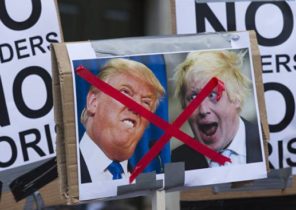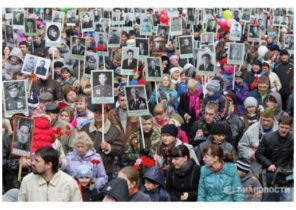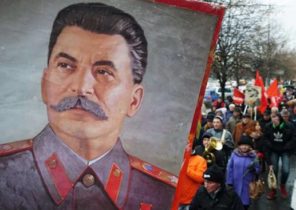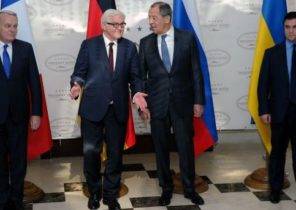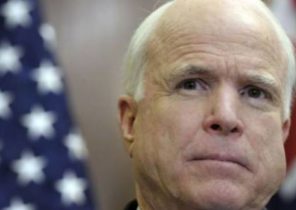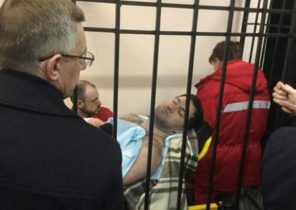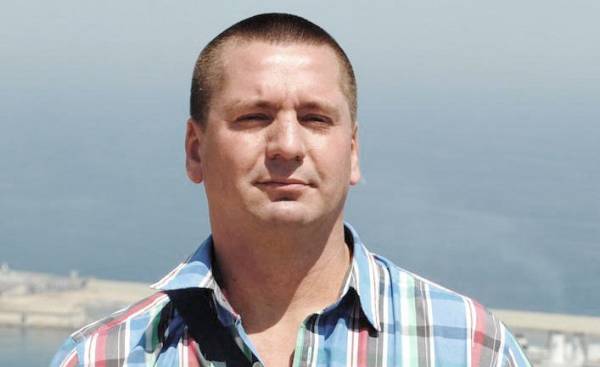
On Wednesday, the UN security Council unanimously approved the deployment in the Sahel a new five-thousand grouping of African countries to combat the extremists and smugglers.
In may, when there less than a week after his inauguration, the newly elected President of France Emmanuel macron, went to Mali and visited the base of French troops in Gao, where French troops are deployed 1600. Quite an unusual move for the first days in the office to emphasize the importance of foreign policy and military presence of France in Africa.
Today, outside of France are serving about 18 thousand French soldiers and officers. Of these, about four thousand are employed in operations against Islamists in the Sahel and located in the framework of operation “Dune” in five countries (the so-called group G5 Sahel), Mali, Niger, Burkina Faso, Chad and Mauritania. Operation “Dune” formally began in the summer of 2014 after the completion of the operation “Serval” in Mali.
The problem is that after three years of operation, there was a question of further financing.
France have long urged the UN security Council to adopt a resolution on the financing of the use of force G5. The G5 was formed in 2015, and in February 2017 countries have agreed to establish a joint military grouping. In July, in Bamako in Mali is expected to hold a summit G5, where will be present and the President of France Emmanuel macron.
Finally, the United Nations this week gave the nod to the involvement of five thousand soldiers G5, but the resolution is symbolic and piecemeal. The UN did not authorise the use of force G5, but simply “welcomed” them, and thereby denied funding of what is happening, making concessions to the United States, not wishing to increase the peacekeeping budget of the UN.
The UN spends almost eight billion dollars a year on peacekeeping operations. Almost 30% of their value to pay US. Americans generally would like to reduce its share of the peacekeeping budget of the UN for at least one billion dollars.
Note that this is why the UN is not particularly eager to spend money even on new operations in Africa, since hardly pays its Minusma mission in Mali. Year of carrying out this mission cost the UN nearly one billion dollars, involving 14 thousand military and civilians, and in may 2017, the loss amounted to 123 people were killed. The effectiveness of Minusma is a big question, as in Mali even more and not go large-scale fighting, but the situation leaves much to be desired. What is an example of a recent armed attack on the resort near the capital, Bamako, and the death of two members of the EU.
The budget of the new military group G5 will be around $ 600 million, but the burden should lie on the shoulders of five African countries. The question arises: how do these countries get so much money?
In June, the EU decided to allocate a new grouping of 50 million euros, which in fact led to the adoption of the resolution. But it is only 10% of the required amount. Today, the UN suggests that we need to call a conference of potential donor countries could coordinate their assistance to the G5, and that the UN welcomed the funding in the framework of bilateral relations of different countries.
Operation “Serval” in 2013 alone, demanded that France 643 million euros. The costs of foreign operations in 2016 amounted to about 700 million euros. Accordingly, at least in the numbers necessary budget for the G5 seems to be quite adequate.
Emmanuel macron convinces Germany to participate more actively in the African operations, but yet a clear answer from the Germans there. Germany and so hard to cope with his participation in Mali, not to mention the poor condition of military equipment to the German armed forces, although the Germans recently agreed to increase its military contingent in Africa.
Back in the spring edition of Die Welt, with reference to the Deputy head of the German contingent in Mali, wrote that half the equipment of the German contingent from the heat and breakage is not working. Soldiers of the Bundeswehr are used to move the jeeps Wolf and Eagle, light reconnaissance armored cars and armored vehicles Fennek TPz Fuchs. And 50% of this Park are idle in a German camp Castor in Gao on the East of the country. Rugged terrain, rocky roads, dust, heat — all this leads to a rapid failure of the machines and the constant tear of the tires. Spare parts too rarely received from Germany for prompt repair. Four helicopters Eurocopter Tiger also around are on the ground, as it turned out that at temperatures above 43 degrees Celsius, their use is too risky for technical reasons. So impressive on the part of the Germans much hope not.
The military power of the G5, even if there is money also a big question. In the framework of the peacekeeping mission Minusma these five countries have deployed about four thousand of their soldiers and without much effect. Now to either remove them from the UN mission to become the backbone of a new formation, or to attract new soldiers to the joint group G5. The countries of the region almost no resources to do so.
Thus in Mali today are the French, the UN, the EU (European centres of training soldiers Mali) and in theory will be added and a separate power G5. Seven nurses the child without an eye.
So all eyes once again turned to the United States.
USA, in turn, are willing to Finance, even indirectly, the French operation and to send its troops to the region, but are willing to share with the French intelligence information, train African troops and to equip them to conduct military exercises.
The US interest in the region, which traditionally falls within the sphere of influence of France, essentially only one — to prevent the funding of global and regional terrorist groups that are making money in the Sahel smuggling of weapons, drugs, tobacco, smuggling of migrants and collection of taxes. The money from the Sahel, followed by the terror that concerns Americans.
This spring, the United States considered in the theory of their participation in the current French counter-terrorist operation “Dune” in Africa, but without sending its troops. It was about possible assistance with logistics, refueling French aircraft in the air, giving the French satellite imagery and intelligence information. France in Africa desperately lacks large transport aircraft for rapid transfer of equipment and cargo.
For the first time in the course of the operation “Dune” the US now has its own permanent representative in the French command in Mali.
In may of this year, the African command (AFRICOM), the United States has officially announced that it is helping the French in Mali and continues to transport cargo for operation “Dune”, and supports the UN mission in Northern Mali.
During the attack of militants on a hotel in Bamako in 2015 at the time of the attack in the city was already more than 20 fighters of special troops of the United States that can speak about their permanent presence in Mali for the release of the hostages were sent additional American forces from neighbouring countries, and with the us drones over the city was intelligence information.
In February of this year it became known that the British to March 2016 on a monthly basis transfer military cargo transport aircraft from France to Niger to support the operations of “Dune”.
Created group G5 is going to need all the same, the French and what they lack in Mali: money, technology, logistics, information. Such a dispersal of forces within the region raises doubts about the real effectiveness of the adopted yesterday a UN resolution.

